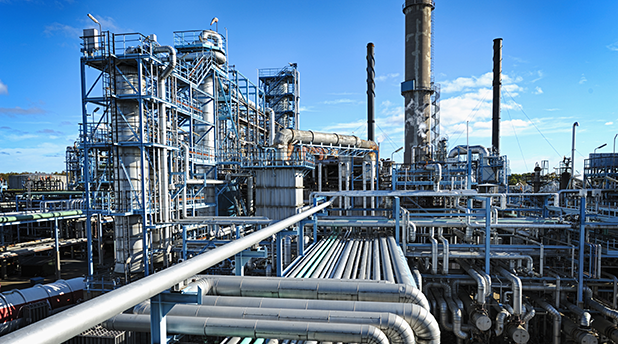Key drivers of energy markets into 2020 will be U.S.-China trade tensions and the potential for a resolution, European economic activity, and supply constraints as new projects are subjected to increasing environmental and social scrutiny. Metallurgical coal and Australia’s domestic east coast gas markets are our preferred energy commodity exposures.
Domestic gas markets
The ACCC’s ongoing inquiry of Australia’s east coast gas market has seen regular publication of “netback” gas prices to assist market participants in negotiations. This netback price series takes into account the export parity price of gas entering the global market from key Gladstone LNG projects. The price series weakened in 2019 (averaging A$6.83/GJ, compared with A$10.88/GJ in 2018) on oversupplied global LNG markets. The major Gladstone LNG exporters (joint ventures with companies including Santos, Shell, Total, ConocoPhillips, Origin Energy, Sinopec, CNOOC, among others) also ensured sufficient gas production was directed to domestic markets, as they seek to appease this heightened political issue.
However, it is generally accepted that gas pricing for long term Gas Sales Agreements (GSAs) are significantly higher than the 2019 netback level. Strong pricing, together with the long-term tenor of these GSAs highlight an expectation of tight domestic gas markets over the medium to long term. With respect to global LNG markets, key energy research groups expect market deficits and stronger pricing from 2022-23. Stronger medium term global LNG prices will also support Australian domestic pricing, as suggested by the ACCC’s ongoing netback analysis.
Metallurgical and thermal coal
Benchmark premium metallurgical coal prices held until mid-2019, highlighting the tight supply-demand fundamentals in this market. However, since July, adequate supply and weaker demand in Europe has seen prices retrace from averaging over US$200/t in 1H2019 into the US$130s/t recently. Prices appear to have found a floor at this level. Seaborne thermal coal markets have been adequately supplied from key producing regions (Australia and Indonesia), and with no significant demand growth, prices continued to decline over the year. Swing thermal coal producers (U.S.) have largely exited the seaborne trade, providing some rebalance support. In early 2019, benchmark thermal coal prices were around US$100/t. Since August 2019, these prices have range-traded at US$65-70/t.
Despite the recent weakness in met coal prices, market participants generally expect improvement into 2020. In 2020, Consensus Economics’ surveys have met coal prices lifting to average US$160/t (18% above current levels). hermal coal prices are expected to remain subdued, with a US$68/t outlook for 2020 (similar to current levels). Our top picks include:
SENEX ENERGY (SXY)
SXY is ramping up two coal seam gas projects in Queensland’s Surat Basin. The projects will deliver gas into Australia’s east coast gas market and to the GLNG export facility in Gladstone. This production growth, together with established oil and gas operations in the Cooper Basin, will see SXY’s production grow from around 1.2mmboe in FY19 to around 4.0mmboe by FY22. This gas production growth into Australia’s supply short east coast market and improving global LNG market fundamentals should see substantial earnings growth for SXY over the short to medium term.
COMET RIDGE (COI)
COI is progressing coal seam and conventional gas projects across three of Australia’s prospective gas basins. The company has a 40% interest in the Mahalo JV located in Queensland’s Bowen Basin; joint venture partners are Santos and APLNG. The Mahalo JV is expected to reach a final investment decision in June 2020 and is expected to produce 60TJ/day (3.8mmboe per year) gas initially, with expansion potential. The recently awarded Mahalo North project (100% COI) could leverage existing infrastructure for early stage gas production of 10TJ/day (0.6mmboe per year), again with expansion potential. COI also has prospective gas projects in the Galilee Basin and in the Gunnedah Basin.
CORONADO GLOBAL RESOURCES (CRN)
CRN is the largest pure-play metallurgical coal producer. Its earnings and value are therefore leveraged to the recovery which we, and the market, expect in met coal prices. Private equity group EMG currently owns 80% of CRN listed equity, with 69% in escrow until February 2020. We expect that a tightly managed sell-down by EMG would increase free float and stock liquidity, and therefore increase index participation and broaden the company’s investment appeal. CRN’s operations are low cost, enabling the company to withstand the current weakness in met col prices. Its mines are mature, with limited growth capital required, enabling strong free cash flow generation and shareholder returns as met coal prices recover.
